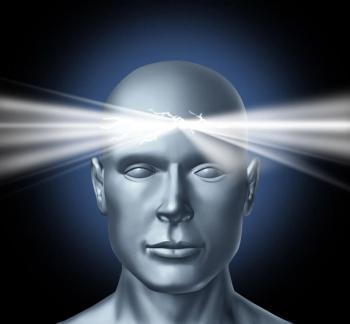
An interview with Dr Anne Harrington, who offers a stimulating and thought-provoking historical perspective on the evolution of biological psychiatry from the German histopathologists to the present time in her recent book.

An interview with Dr Anne Harrington, who offers a stimulating and thought-provoking historical perspective on the evolution of biological psychiatry from the German histopathologists to the present time in her recent book.

A paradigm shift is needed in order to solve the unprecedented complexities and challenges associated with the current global mental health crisis.

Adolf Hitler, the genocidal monster of the twentieth century, would not seem to be someone likely to seek psychological counseling, let alone respond.

Have we learned anything? Looking back at the Spanish flu epidemic as the world deals with the COVID pandemic.

Treatment for "the scourge of psychiatry" involved malariotherapy-infecting the patient with malaria; the resulting high fevers were believed to kill off the syphilis organisms.
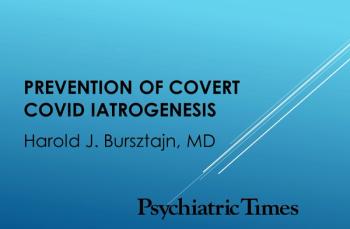
In a time of panic, despair, and demoralization, art continues to inspire the author's reflections as it has over the last 40 years. Here, he shares some images that he finds inspirational and helpful. Even in winter there is hope.
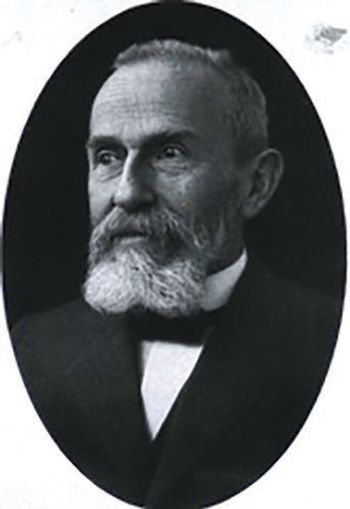
This month in history: Determined to regard his patients as individuals, Swiss psychiatrist Eugen Bleuler sought to understand his patients and coined the term schizophrenia.
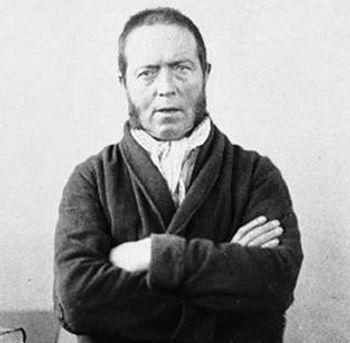
Across the centuries, March has been an eventful month for the insanity defense on both sides of the Atlantic, and the McNaughten rule remains the prevalent standard to this day.

Pseudopatients and their discontents: an historical perspective.

As historians and mental health professionals both know, in the words of the writer William Faulkner, “The past is never dead. It’s not even past.”

In the early years, treatment was largely restricted to restraint and sedation with great emphasis placed on fresh air for prevention of mental illness. Later, the aim of treatment was to prevent transfer of patients to country asylums.
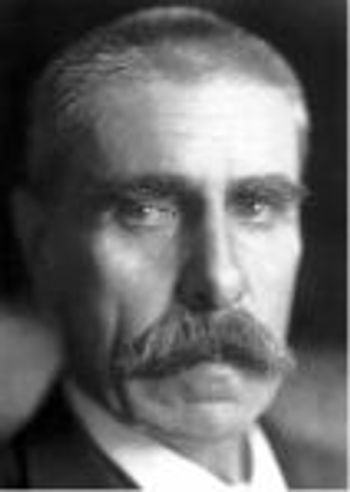
Psychiatric Times begins a new series: “Looking Back to Look Forward: This Month in Psychiatry.” Contributors from across the globe will take the opportunity to point out both notable and neglected figures, topics, and developments in the history of psychiatry.
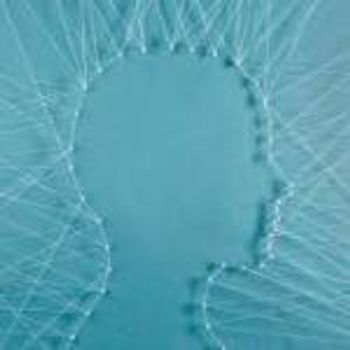
The 20th century introduced a number of new concepts to psychiatry and clinical psychology. One of the most influential has been the notion of personality.

Telepsychiatry has its origins in the 1950s and has moved from an esoteric curiosity to mainstream practice. However, it has been challenged along the way at many turns.

At a minimum, a mental disorder is considered an undesirable and unwanted condition either for the individual or the society. However, that is clearly very relativistic and does little to protect against social misuse of disorder designation.

A dysfunction-based defense against misuse of disorder designation has serious conceptual deficiencies, is vulnerable to social biases, and offers very little protection in practice.

Part 1 of a three-part series on a pertinent philosophical question in the era of diagnostic inflation: What conceptual means are available to prevent deviant and undesirable behavioral conditions from being diagnosed as mental disorders as a result of social bias and stigma?
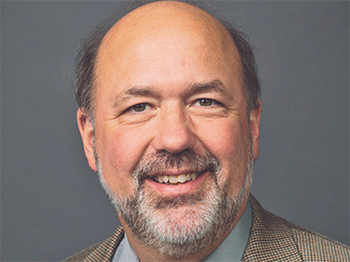
We have come a long way in psychiatry, but we are still at the beginning of the story of understanding the human brain.

Lacan has a devoted following throughout much of the non-English-speaking world (where he is the best-known psychoanalyst) but he is mostly unknown to the English-speaking psychiatric community (where he is the least-known psychoanalyst).

An assessment of what has been accomplished, how the field is changing, and new directions for scholarship as we forge ahead into the next year.

As it turns out, modern psychiatry reflects some of the values and concepts held by early civilizations.
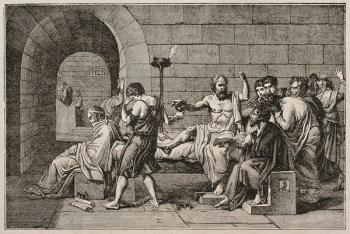
In 1897, the French sociologist Émile Durkheim (1858-1917) published Le suicide: Étude de sociologie [Suicide: A Study in Sociology]. With it, Durkheim largely succeeded in achieving one of his main goals.

The long-lasting impact of psychoanalysis on American psychiatry should continue to be taught and celebrated, if only as a testament to the human ability to seek understanding and find meaning in man’s suffering.

A selection of noteworthy books to add to your reading list. Can you think of others?
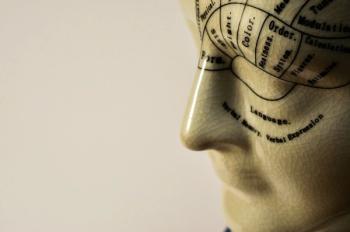
The first in a series of videos on the history of psychiatry that explore the roots of modern psychiatry in ancient cultures is now available on youtube. Members of the Committee on Arts and Humanities from the GAP invite you to tune in.